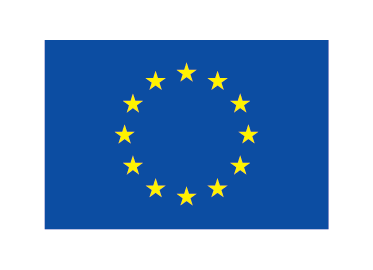While educational systems expanded throughout Europe ? in some countries faster than in other countries ? educational inequalities in terms of systematic advantages and disadvantages in educational attainment structured by individual (ascriptive) characteristics such as social origin, immigrant background or gender could not be entirely abolished. Although the inequalities have been reduced, disadvantages for certain groups persist in the education system (e.g. among the working class), and new disadvantages occur (e.g. male students). Educational inequalities go along with consequences at the individual and societal level. Individuals who leave the educational system with no or only a low degree do have disadvantages regarding status attainment, income, labour market chances as well as manifold life chances (e.g. well-being, health, lifetime expectancy, political participation), as they lack skills and certificates needed for labour market participation and the general participation in the society. On the societal level, educational inequalities and the related existence of a disadvantaged lowly educated group means a lack of skill and resources needed for economic progress and prosperity. Furthermore, inequalities also contribute to a destabilisation of political systems. Thus, it is important to study how educational inequalities can be reduced to the benefit of both individuals, groups and the society.
Societal understanding of the value of education for individual and collective growth advanced substantially and resulted in policy efforts to improve both the quality and access to education across Europe. Yet, the patterns of educational and socio-economic progress among the disadvantaged stratum offer little evidence of success. The overall idea of the project is to provide evidence-based policy tools, specific to various stages of education and target groups that help overcoming barriers in access to education among the vulnerable.
While there are similar already funded projects (listed below), to date, there is no project that combines qualitative research (e.g. biographical interviews, ethnographic observations) in schools with policy analysis (incl. institutional analysis and expert interviews) and secondary analysis of available longitudinal and cross-sectional large-scale data-sets with a special focus on cumulative disadvantages/intersectionalities (e.g. male working class students), considering educational trajectories/biographies (path dependency of inequalities/lifecourse perspective) and the linkage between formal and non-formal education (e.g. partnerships between schools and youth centers, family work, out-of-school learning through music/drama clubs).
As the project intends to map innovative/pioneering practices not only at the classroom and/or school level but also at the broader schooling related context/institutional level (e.g. certain policies encouraging or implementing context-specific strategies and innovations), research tools related to the classroom and school level need to be complemented by tools relating to the broader meso-level, such as focused (policy/institutional) strategies for tackling inequalities in a comparative perspective.
To carry out this far-reaching agenda, a consortium of leading institutions from seven EU countries, Norway and Switzerland has been formed. It includes scholars and policy analysts with expertise in different levels of education and target groups, with wide range of analytical toolkit and of disciplines. The project is formed around six principal working packages, with international and inter-disciplinary teams to be built to perform tasks within each package.
